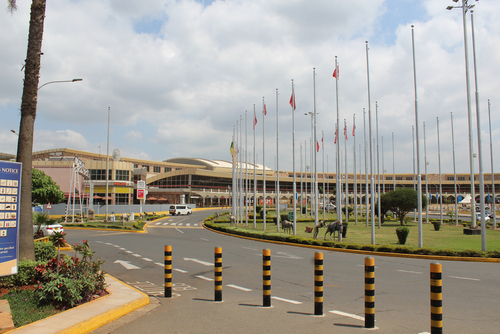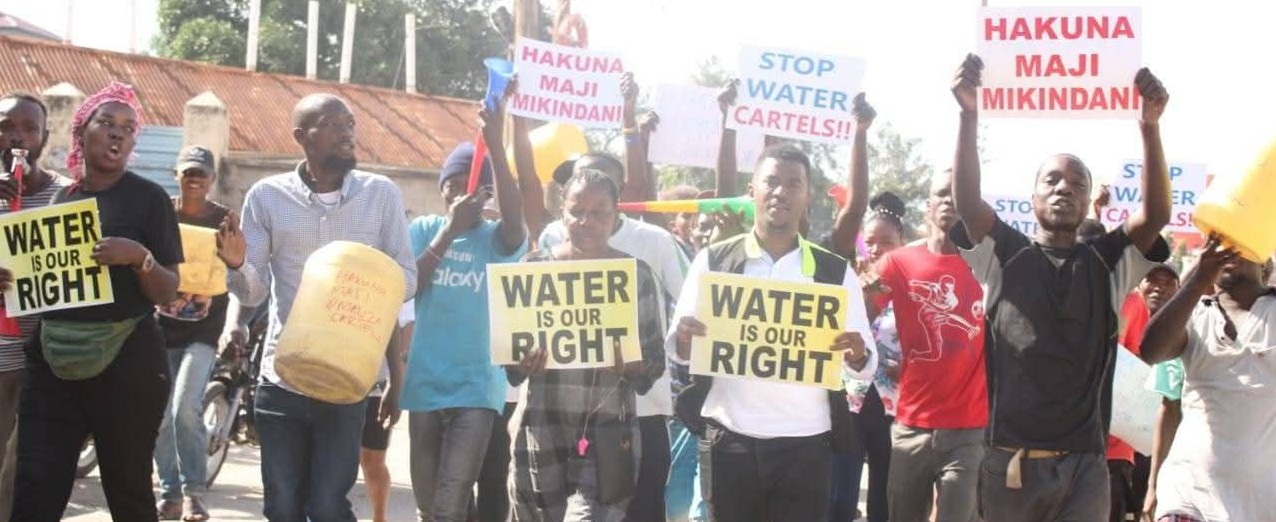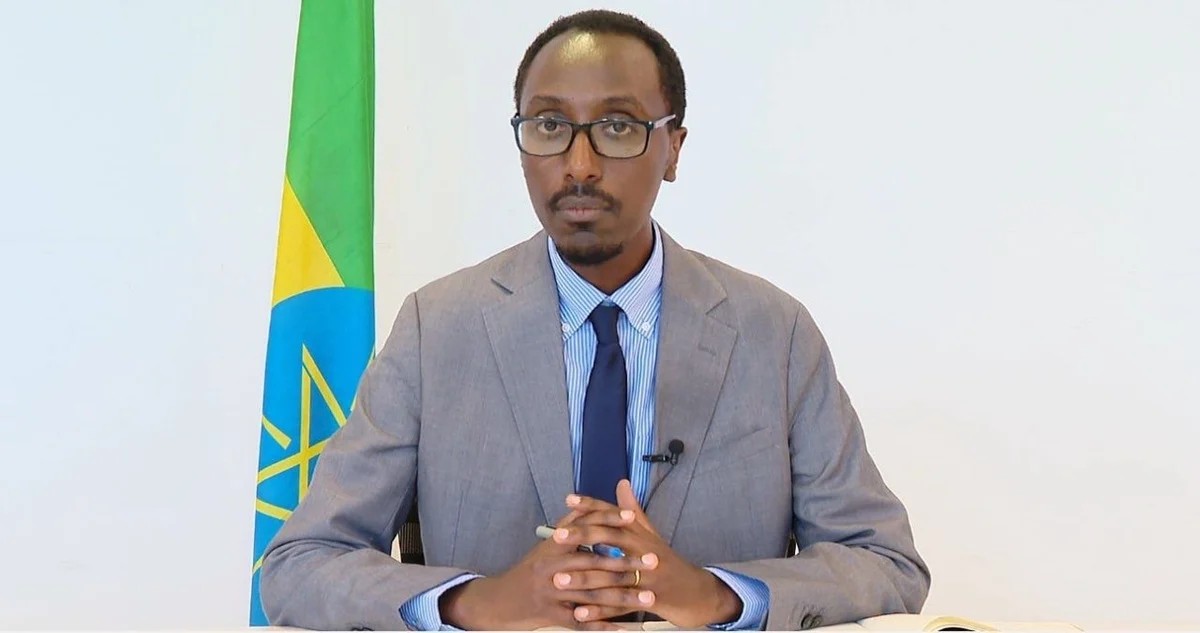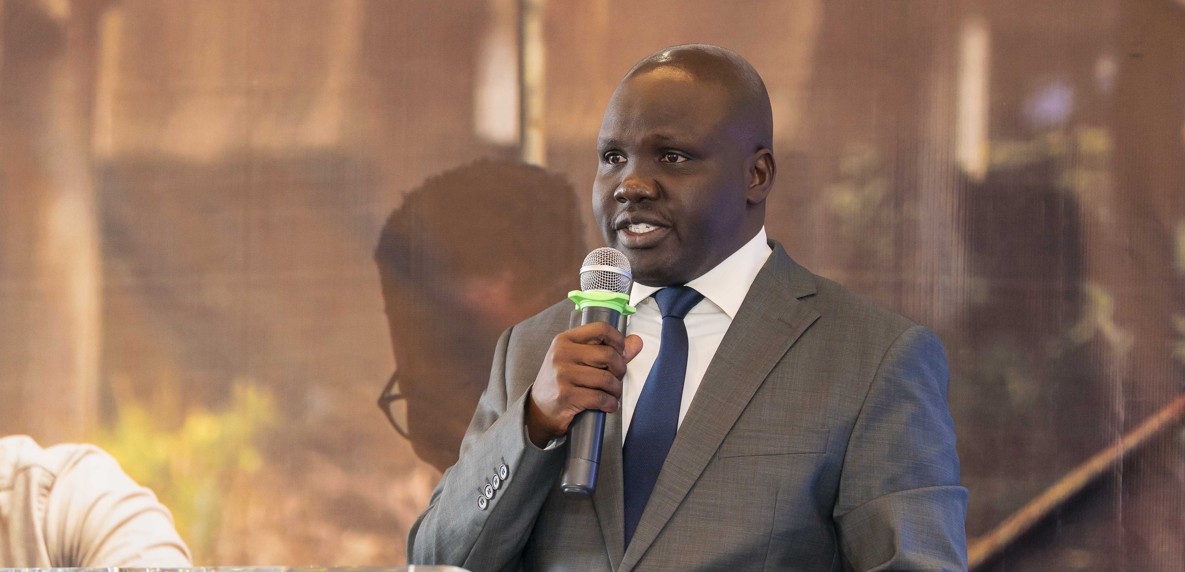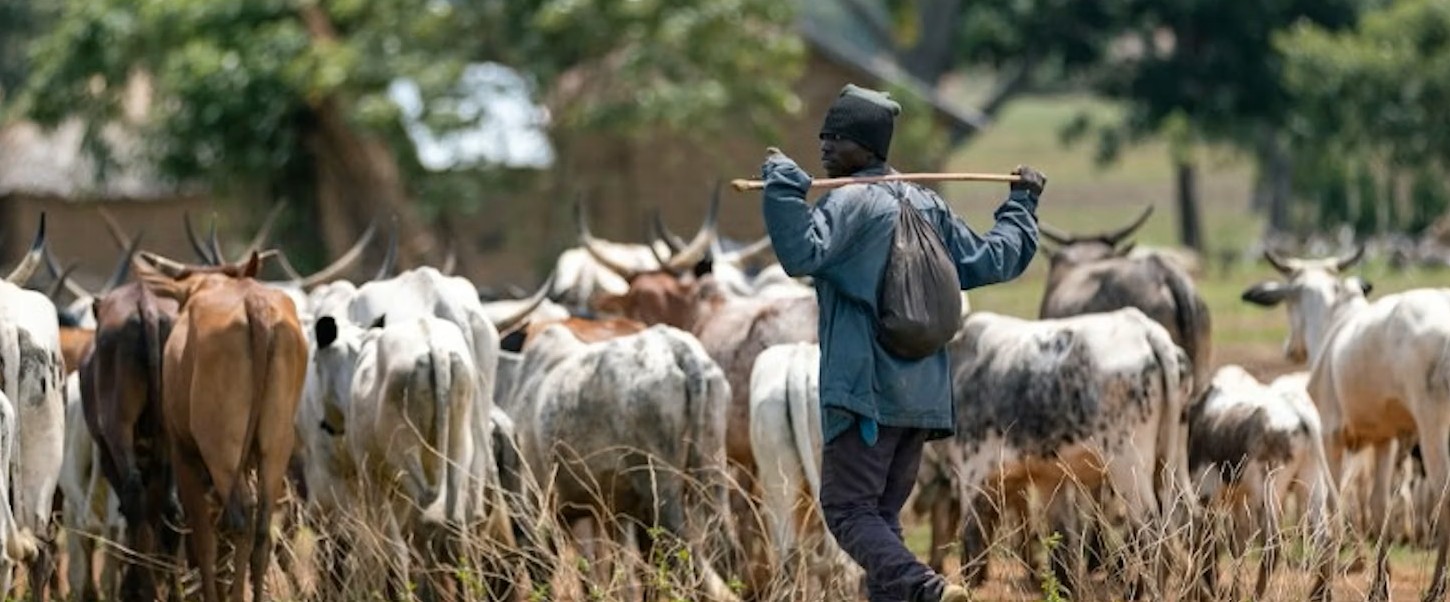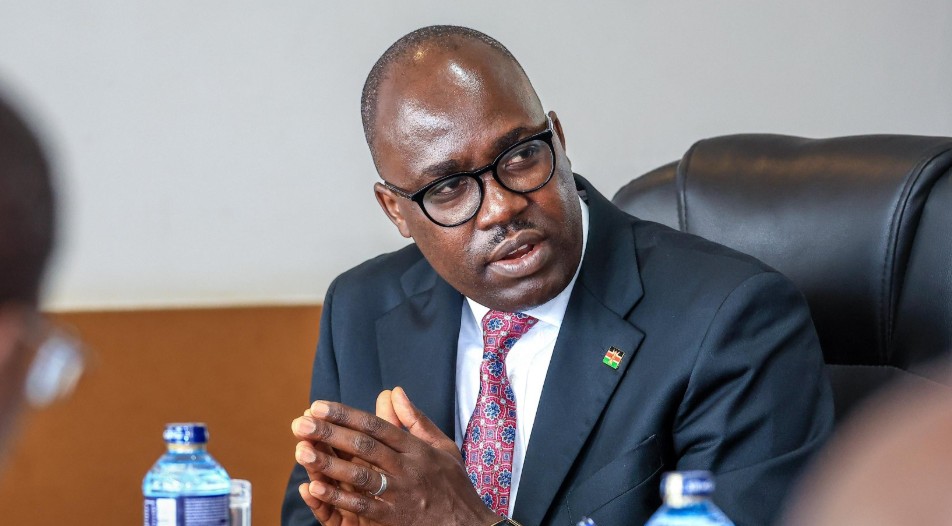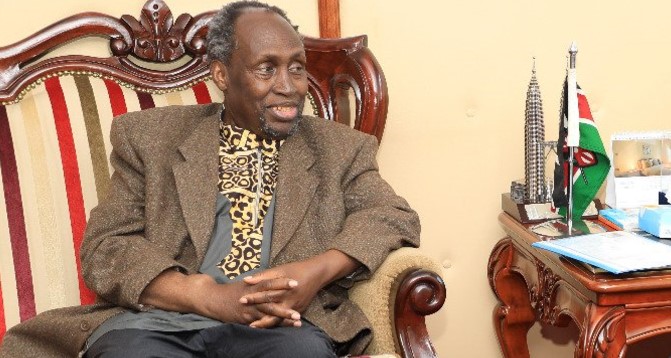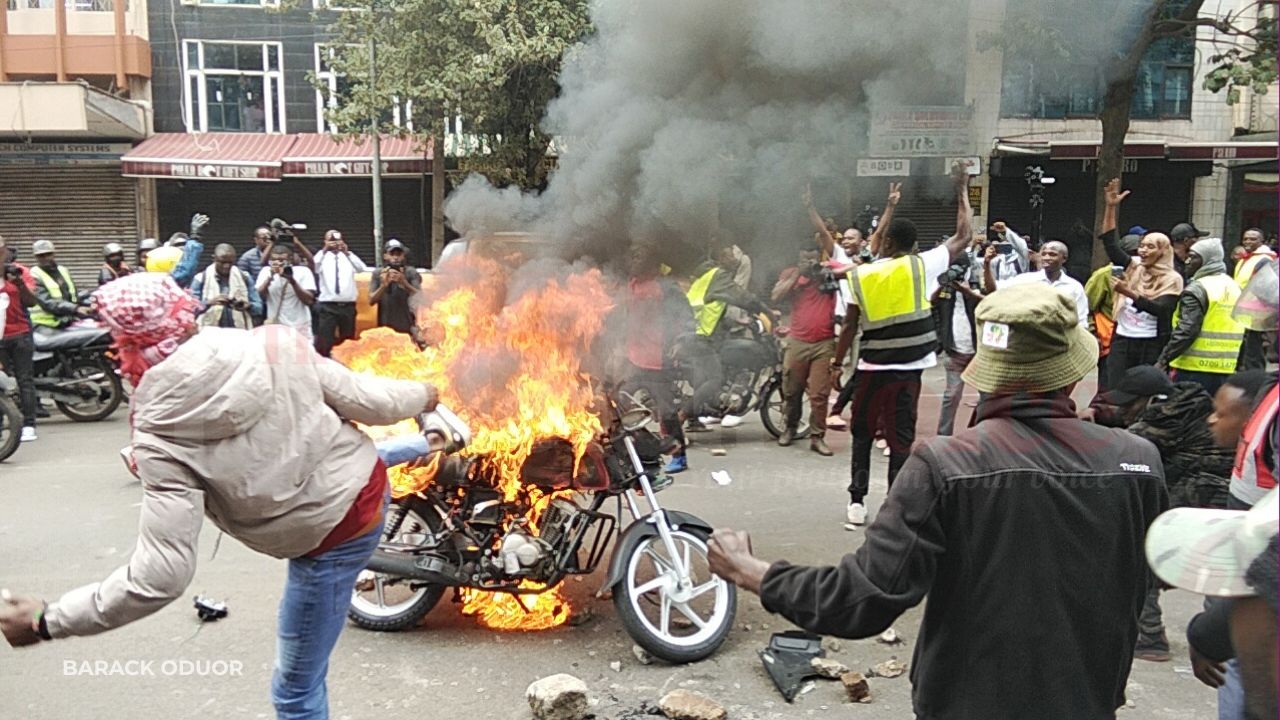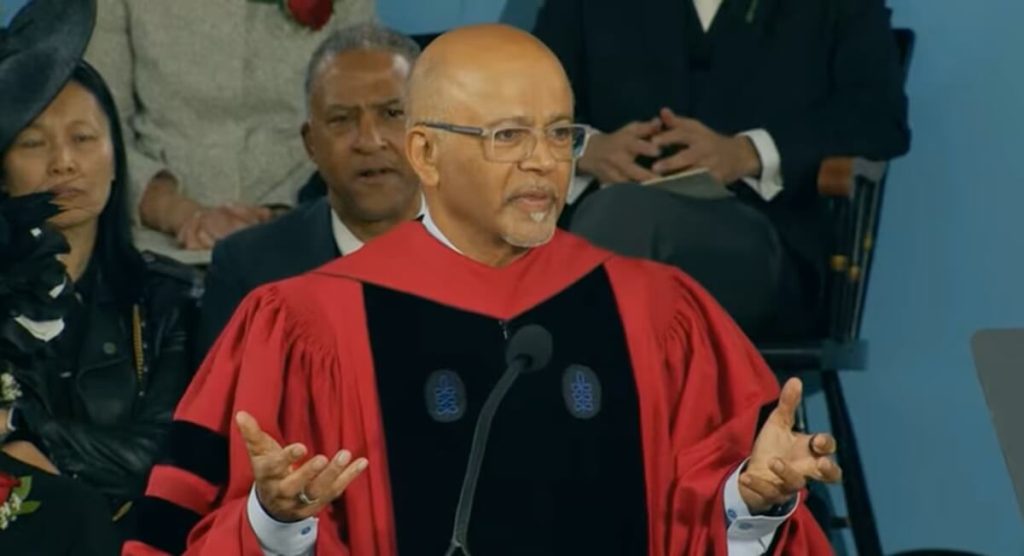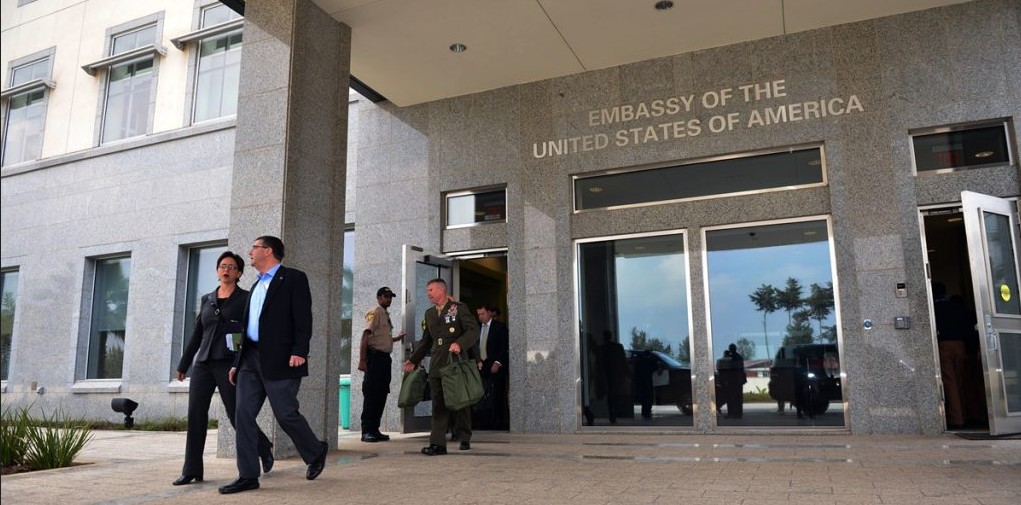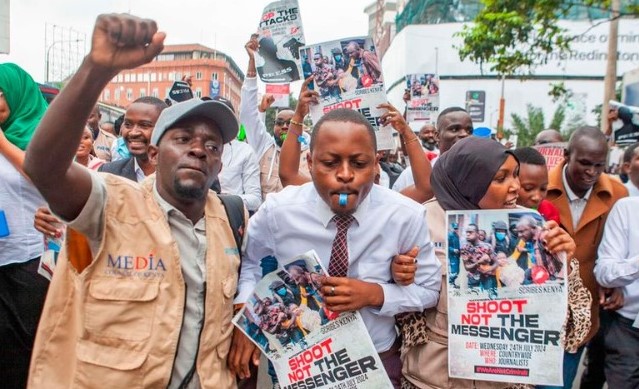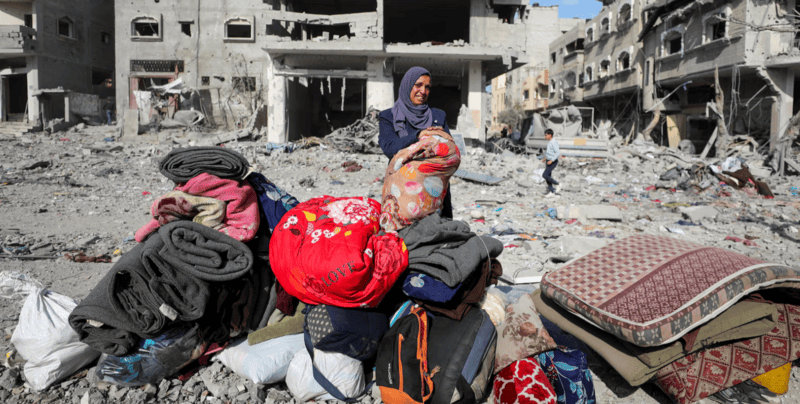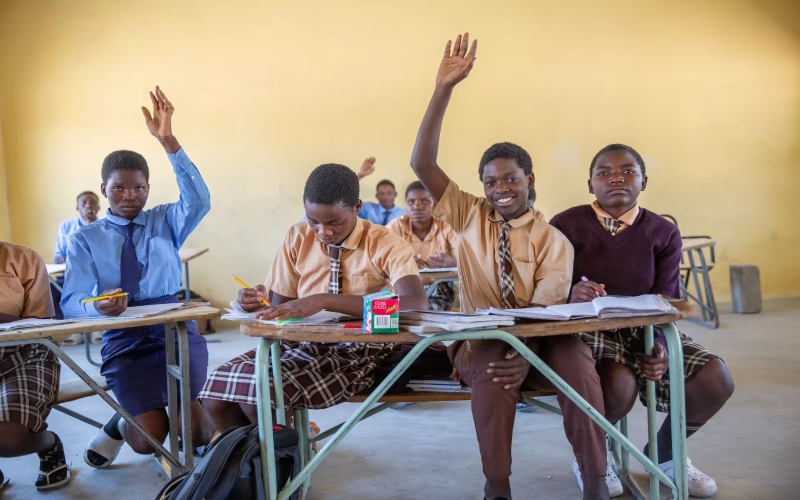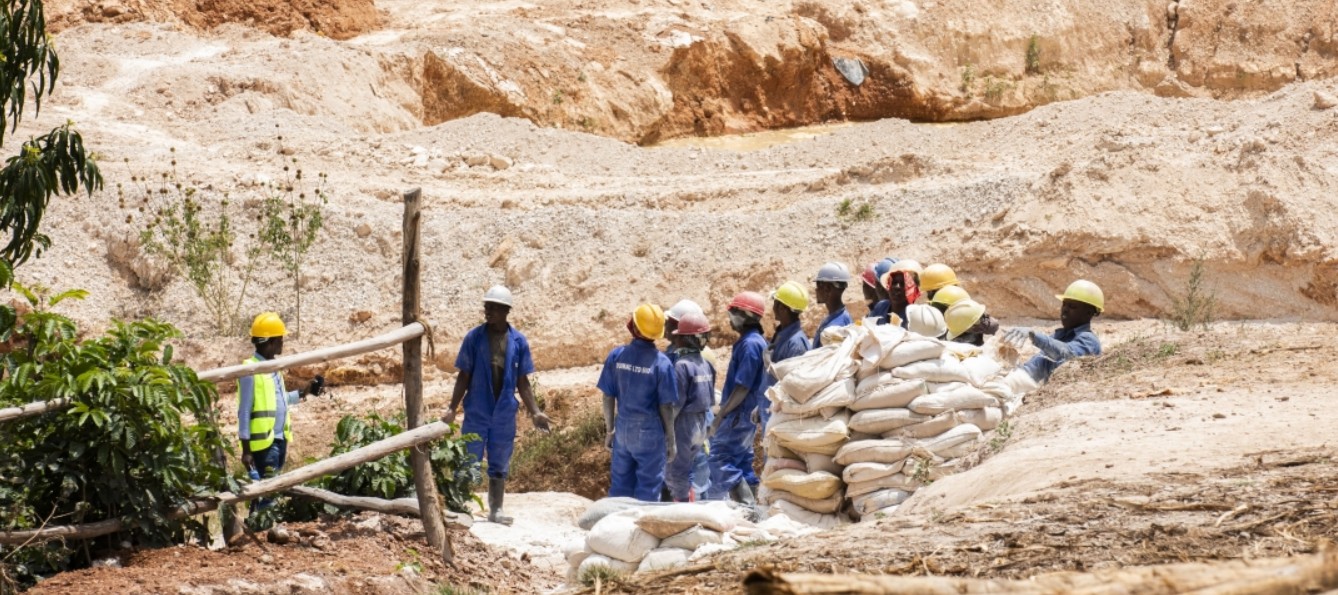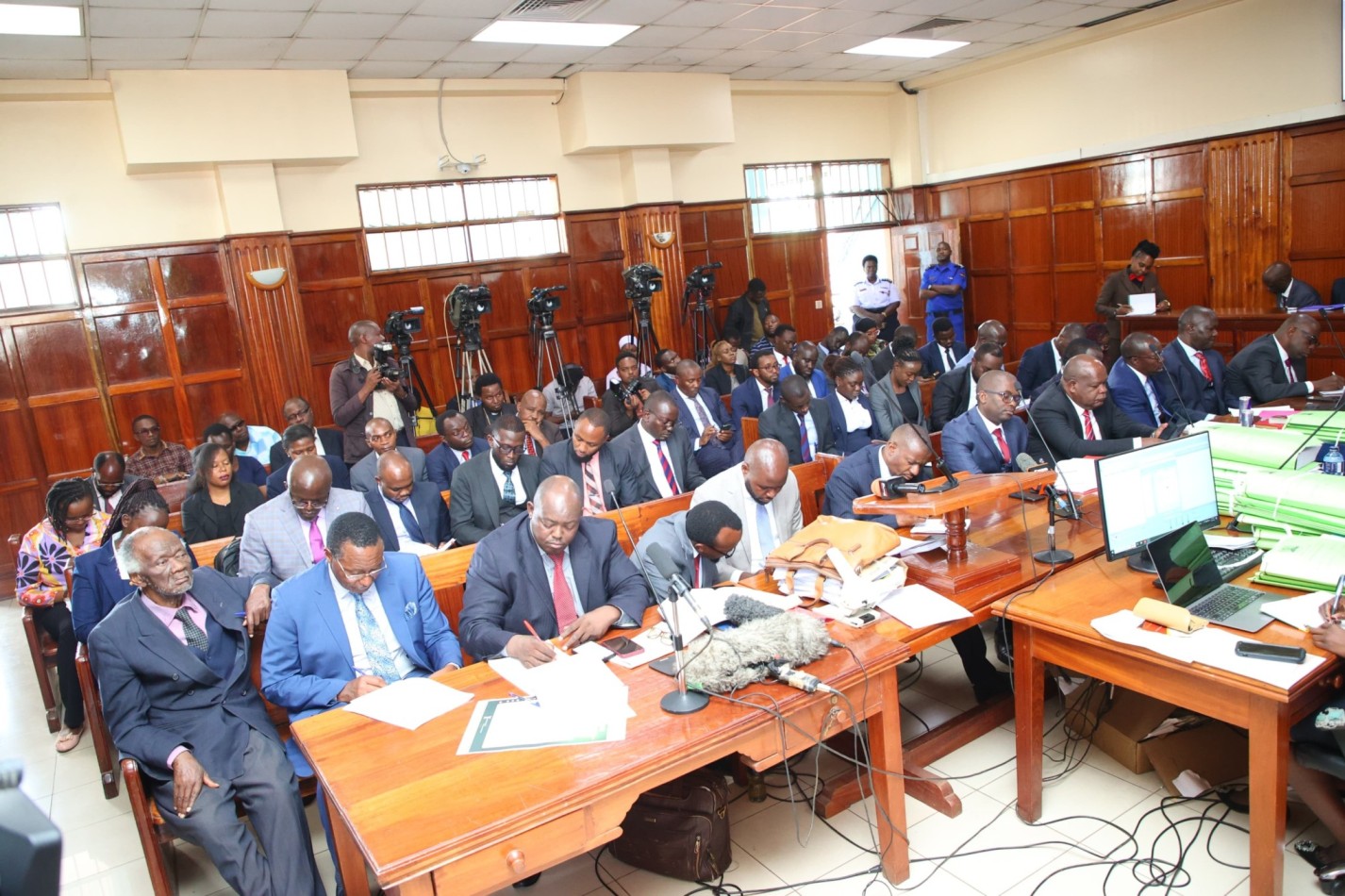Opinion
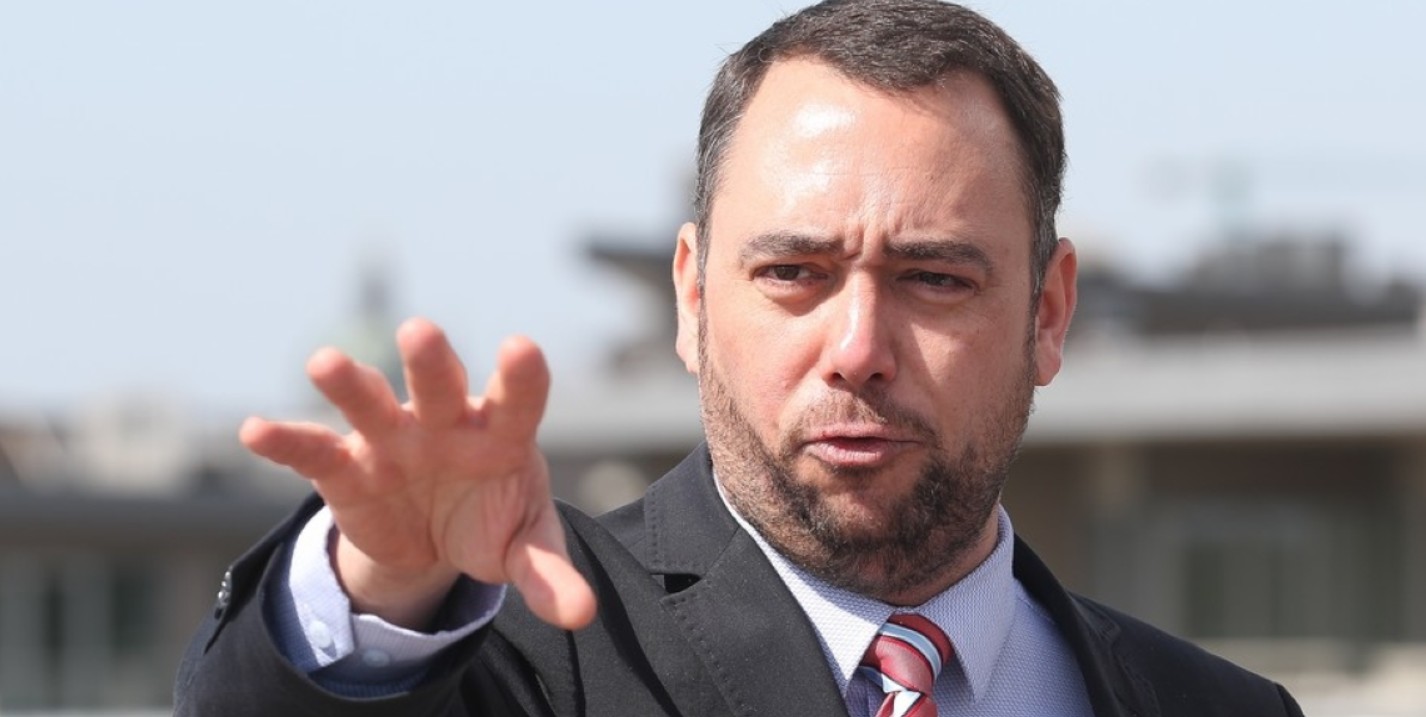
If Belgium addresses these truths with humility instead of nostalgia, it could still be a respectful and constructive partner in a region that has moved beyond its shadow.

His arrival has brought a fresh perspective to the national team, highlighted by the introduction of new players, particularly Mohammed Bajaber and Wilson Lenkupae, whom McCarthy brought on as substitutes against The Gambia. They rewarded him with history by scoring on their national team debuts.
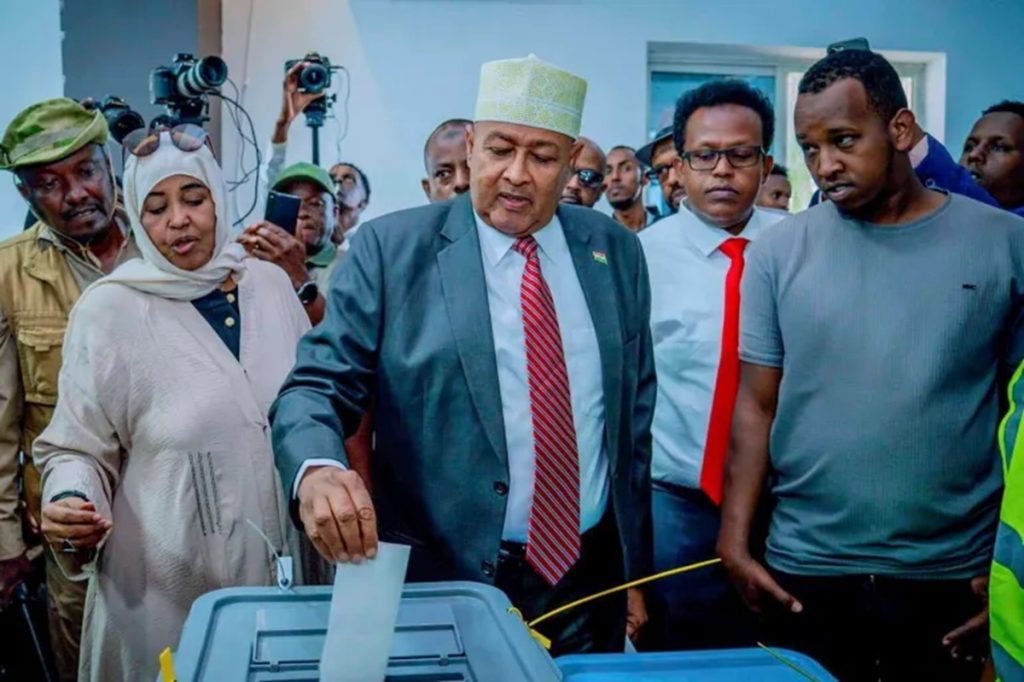
In a country levelled to the ground, rebuilding from the ashes of destruction required both sacrifice and resources.
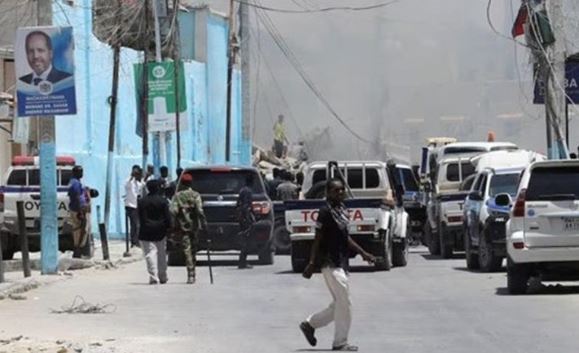
If Mogadishu falls, the consequences will reverberate far beyond Somalia’s borders.
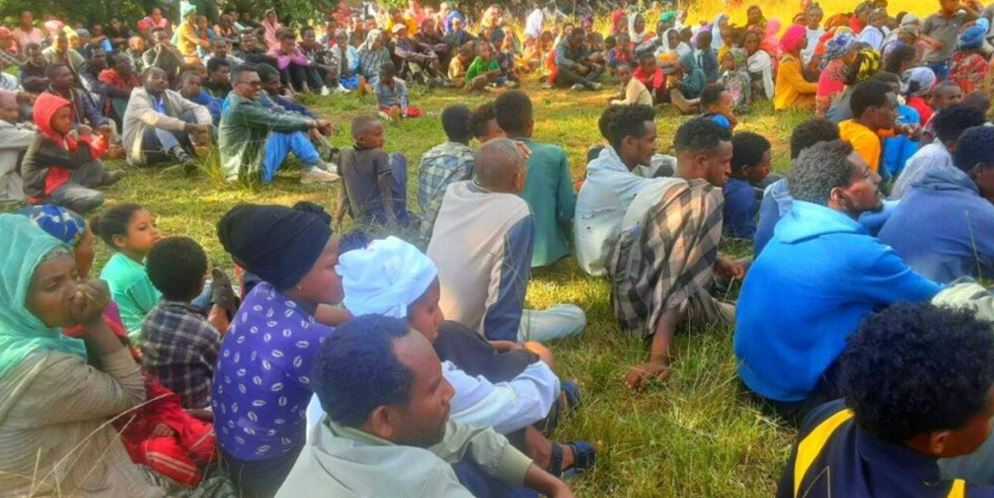
According to one study, up to 80,000 “illegal” settlers migrated from Gojjam and settled in Gidda Ayana, Kiramu, Limmu, and Horro Guduru between 1997 and 2003 alone.

The 2018 peace deal invited Eritrea, which Asmara accepted with open arms and demonstrated tremendous commitment to wipe out the shared foe, TPLF. Threefold goals prompted Eritrea’s involvement in the Tigray war.
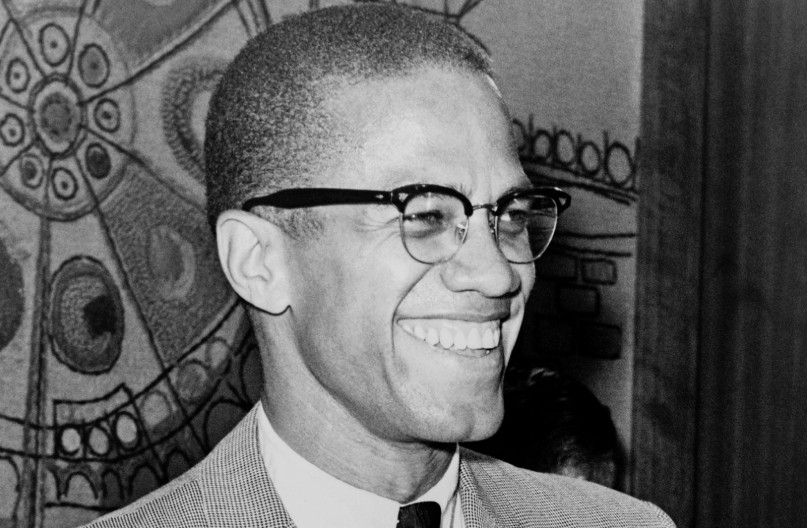
Malcolm X understood something painfully relevant today: The American empire does not just oppress — it manipulates. It does not just colonise — it gaslights.

We goofed a big time. And here we are again. Baba rejected again. Far away from home. Not because he was not a strong or visionary candidate but because of diplomatic miscalculations that are not in any way, his doings.
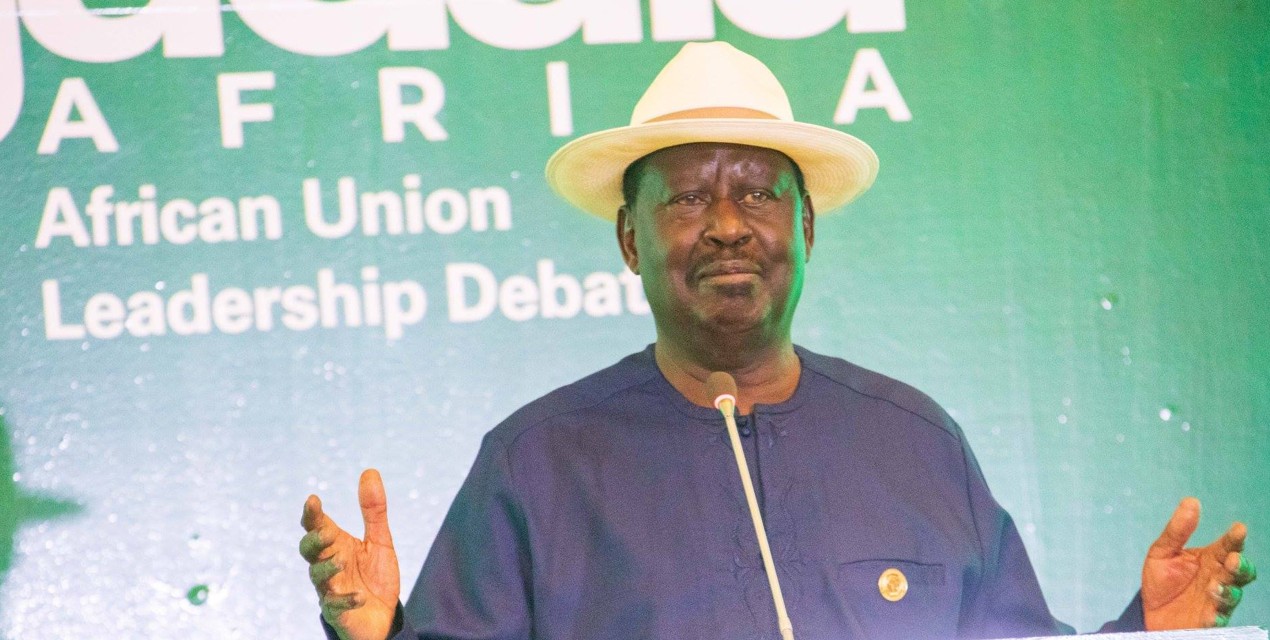
The loss is a wake-up call for Kenya to return to its Africa-centered foreign policy based on national interests.

The transformative potential of technology comes with its own set of challenges. Shared mobile devices in patriarchal households can expose young women to violence or reproductive coercion.
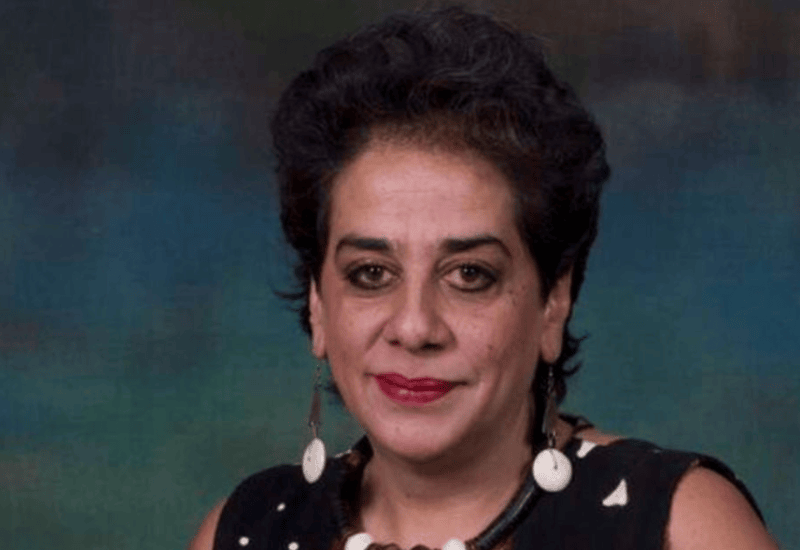
"Rasna loved Kenya and bled from each cut the country received. She convened the grief support group after Uhuru Kenyatta and William Ruto entered the presidency, and has been a clear moral voice throughout."
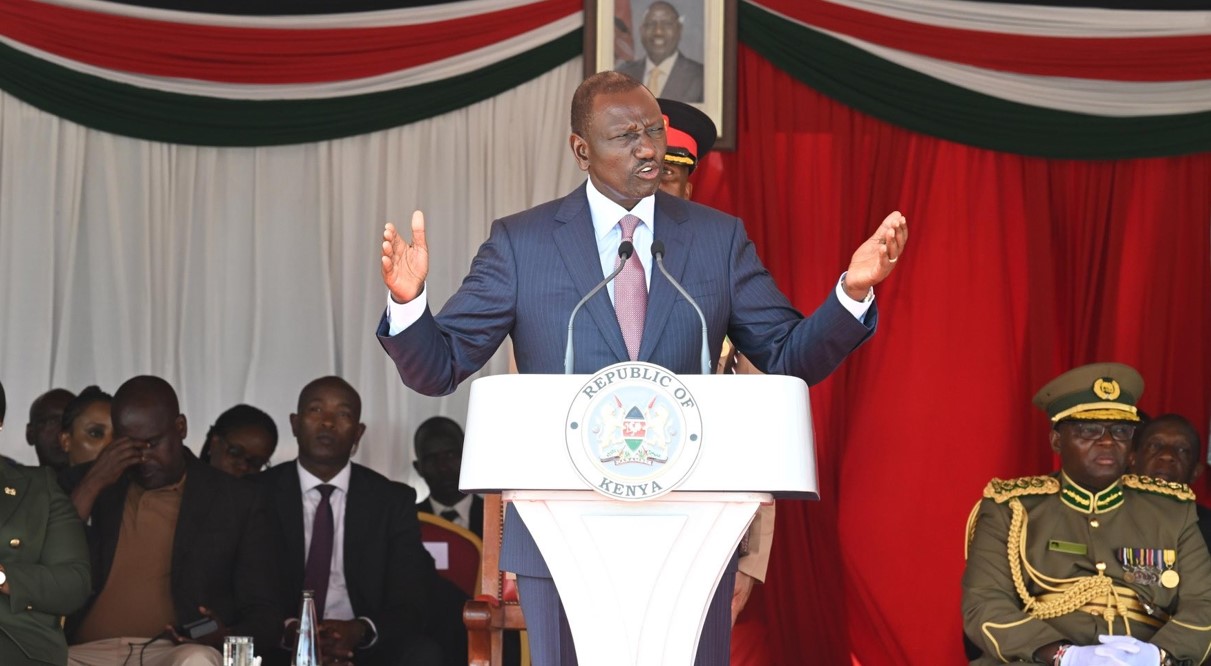
There is a serious lapse of imagination of the sectors that can be tweaked and grown to accommodate hordes of unemployed young men and women.

The abductions not only rob families of their loved ones but also erode the trust in institutions meant to protect us.
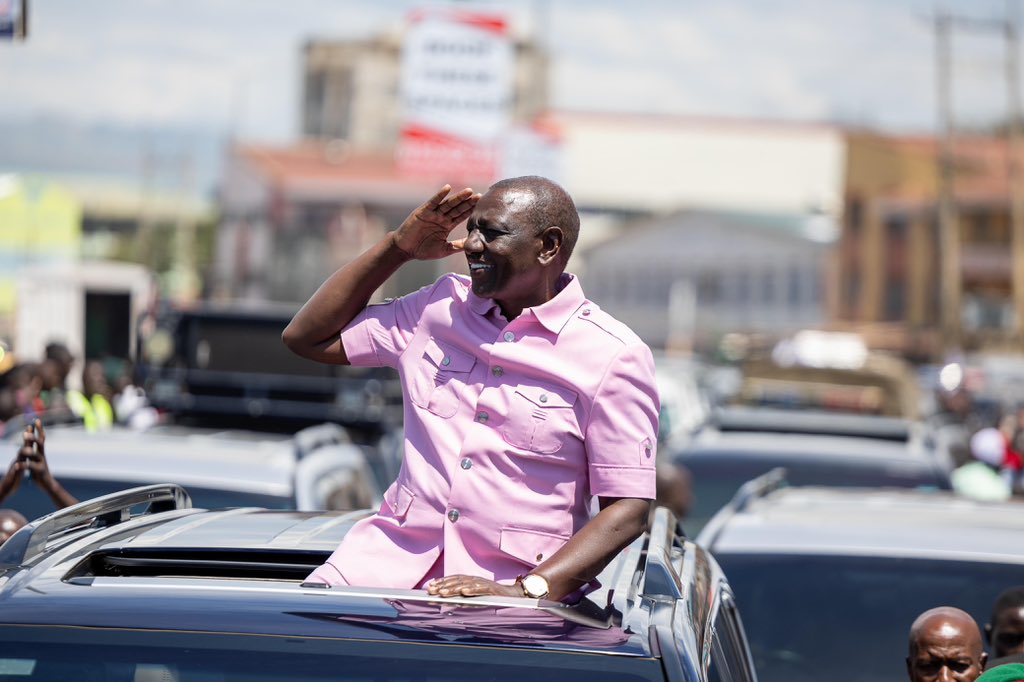
Ruto had one primary task: to turn the economy around and make it work for the majority, not just a few. He was supposed to improve healthcare, education, and infrastructure—tasks that are far from impossible.
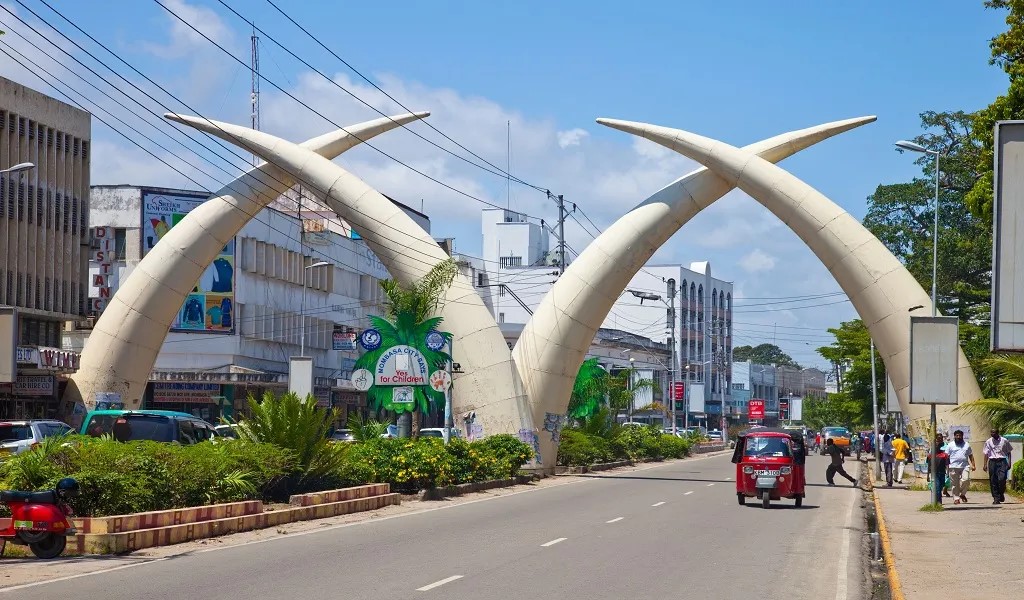
The infrastructure development in Nyali has made it a convenient hub laden with social amenities such as schools, hospitals, and recreational facilities.

Another problem is the reform's lack of clear methods for financing capital projects and the expansion of university infrastructure.

Public communication by the state mostly adopts a one-way approach, resulting in incoherent government messaging.

All stakeholders, led by the county government of Kilifi, should put in place immediate and strategic interventions to restore Malindi to its former status as a premier tourist destination.

An important turning point in the current investigation of the HoAGDP's implementation has been reached with the recent engagement of the National Land Commission (NLC) and senators.
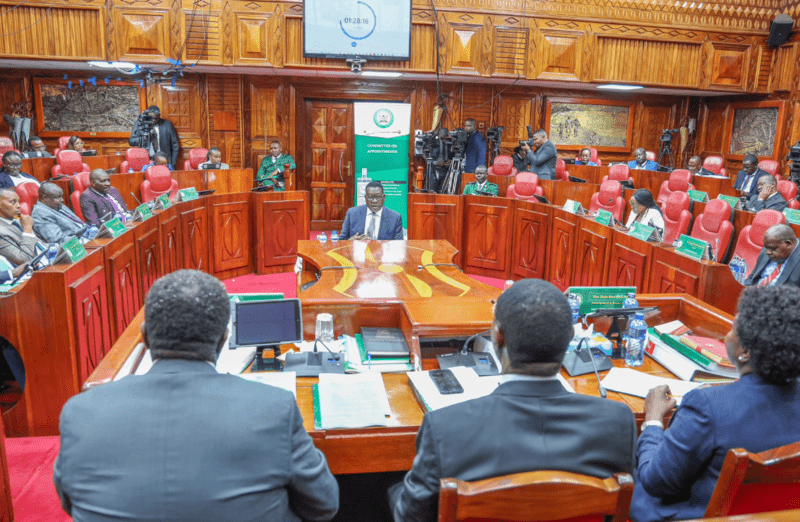
Members of the vetting committee were expected to show impartiality and a commitment to ensuring that nominees met the highest standards of integrity.

The decline in tourism has had a visible impact on the local economy. Businesses that once thrived on the influx of visitors are now struggling, and the vibrant energy that once characterised Malindi is conspicuously missing.
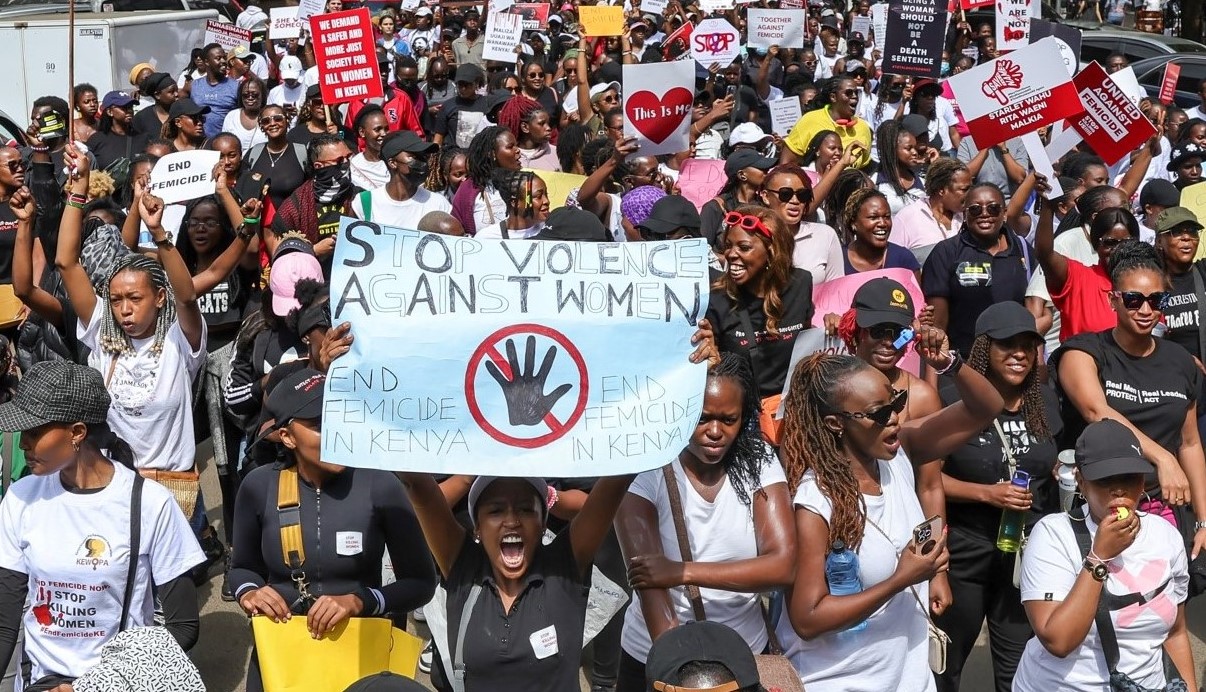
As we mark this very important week and celebrate young people’s achievements thus far, we must remember the critical part of young women’s contributions in the developments, government actions and movement building that we see today.
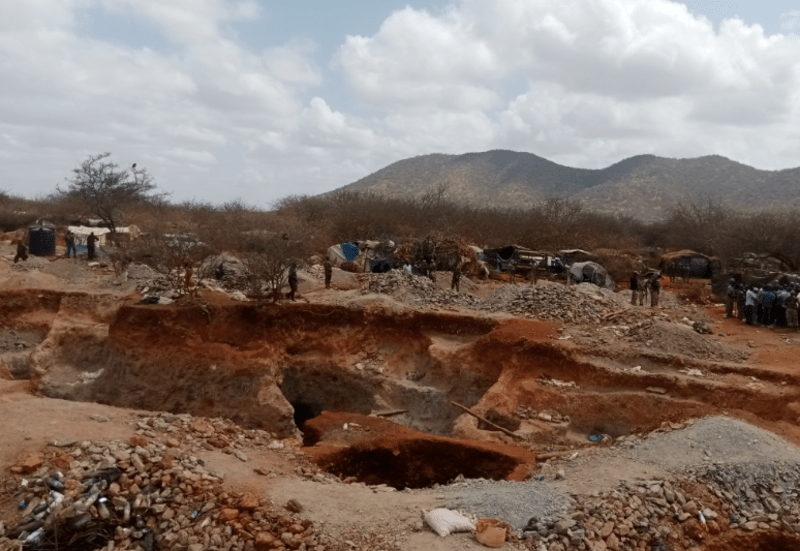
The use of harmful chemicals like mercury and cyanide poses significant health risks to uninformed miners and the surrounding community. These tragic incidents underscore the urgent need for the government to act swiftly and responsibly.

Colourism – the preference for lighter skin over darker shades – has deep roots in colonial history and continues to influence societal standards of beauty.

Some Kenyans couldn’t believe that the Sh30 million raised was being utilised accordingly and the person in charge remained accountable all through despite distractions from critics.

There needs to be a robust mechanism for monitoring and evaluating healthcare practices to ensure that standards are upheld.
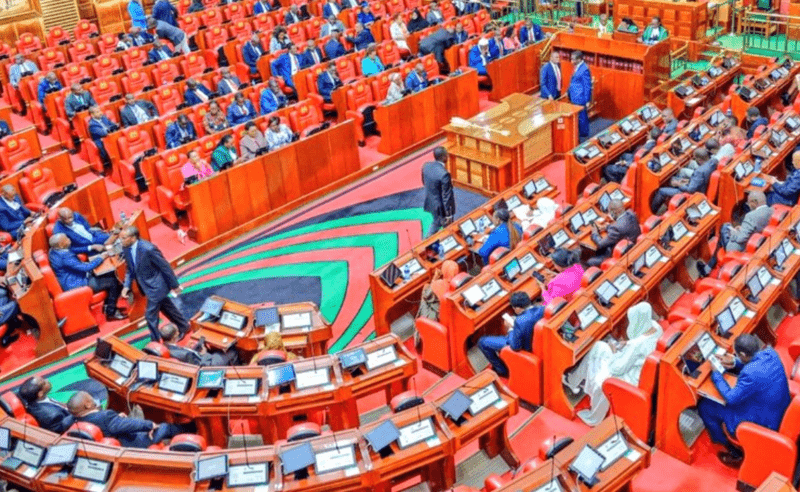
The constituency's dire need for fair representation and an equitable share of resources cannot be overstated, yet it remains overlooked and underserved.

Kenya's public debt has ballooned from Sh2 trillion to over Sh10 trillion in a decade, pushing the debt-to-GDP ratio to a precarious 70 per cent.
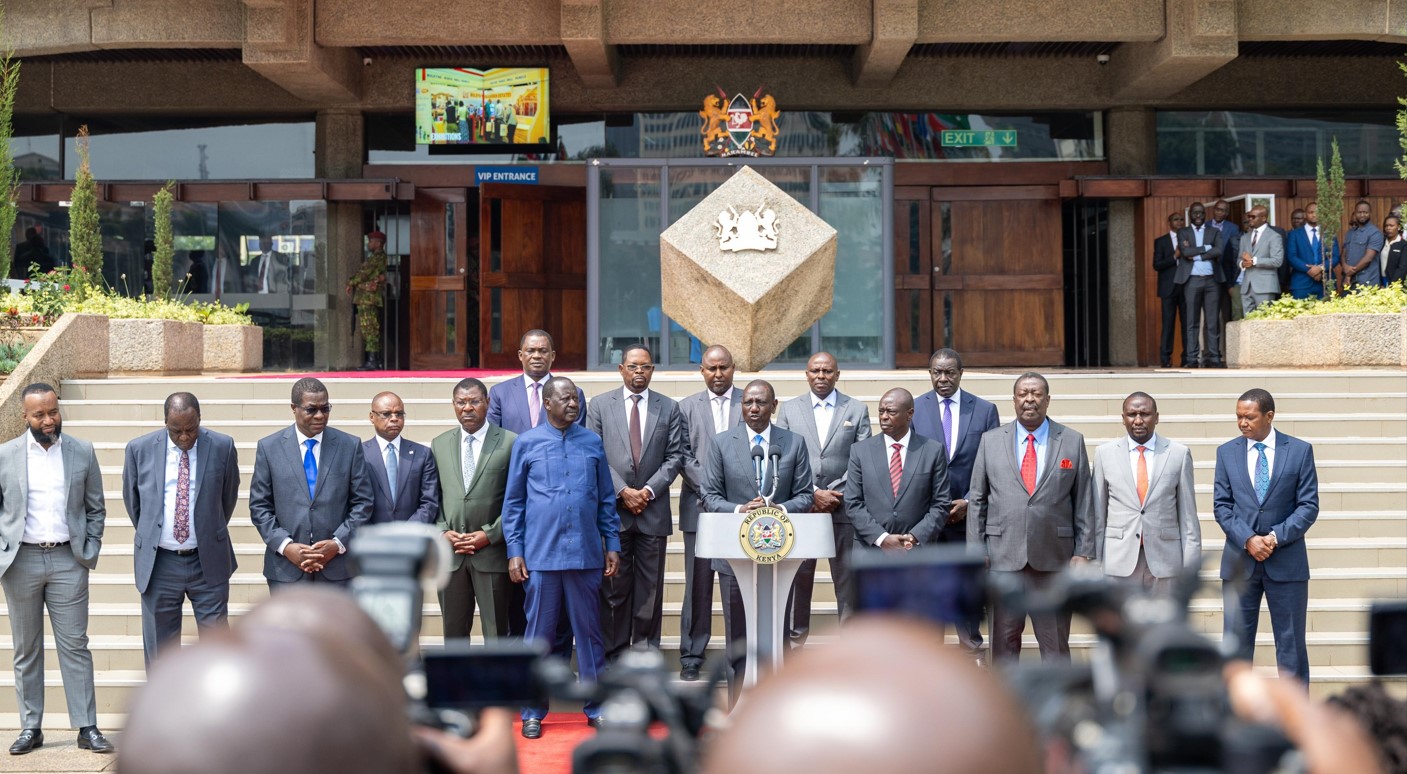
Likewise, Integrity must be non-negotiable. The days of impunity and corruption must come to an end.

The countrywide protests sparked by the Finance Bill 2024 and poor governance have changed how things will be done in the country.

Devolution has not delivered on its promises and has not transformed the lives of the people of northern Kenya

Today's youth in Kenya are using cultural events and gatherings as catalysts for political transformation. Their participation isn't just symbolic; it's strategic.
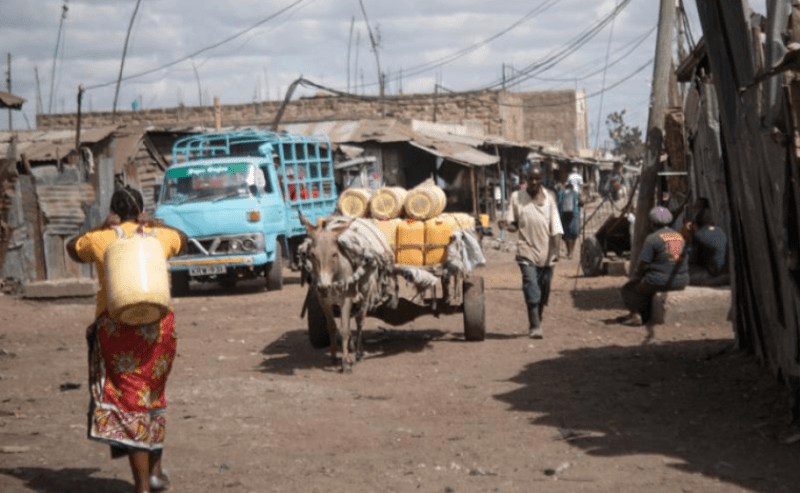
The advocacy for increased reproduction among economically vulnerable populations becomes particularly problematic when juxtaposed with the personal choices of political leaders.
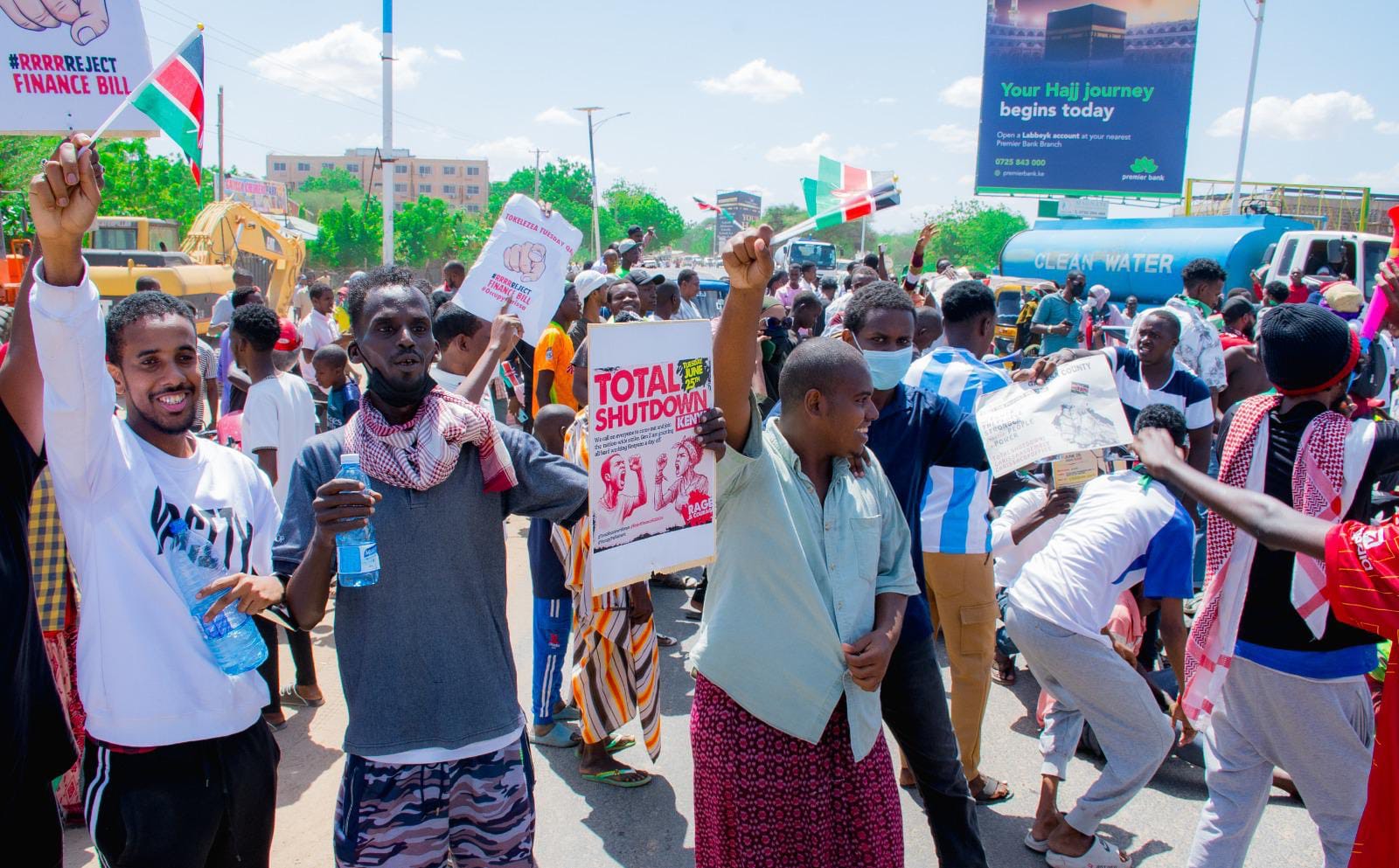
While protests were witnessed in various towns across the country, northern Kenya seems to have been left out of the history-making moment of a revolution by Gen Z, similar to the 1990s agitation for pluralism that was mainly led by a group of politicians then referred to as young Turks.
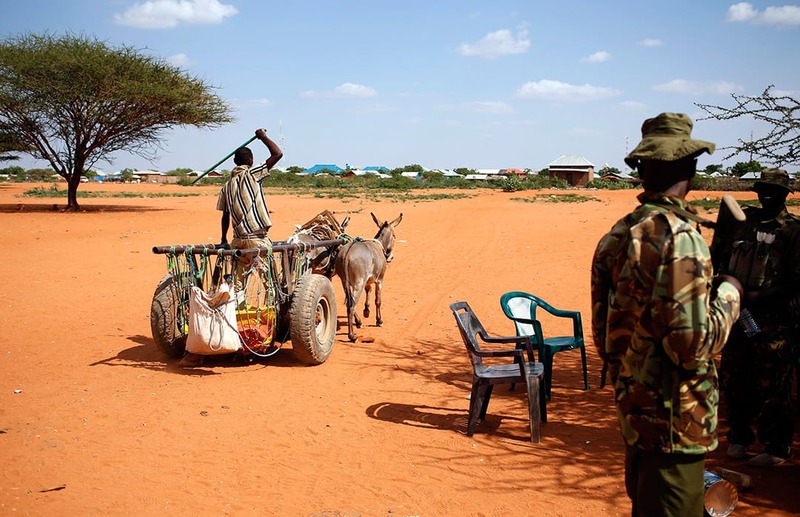
What united Kenyans to oppose the tax bill was the widespread misery, poverty, corruption, and over-taxation

Many admired and supported the demonstrations until last Tuesday when things took a different turn, with criminals who disguised themselves as protesters tarnishing the good name of Gen Z.

The Kenyan Gen-Z must be cautious not to cross the threshold into a full-scale revolution, avoiding the potential hijacking of their good cause by opportunistic elements such as politicians or the military, as seen in other African countries.
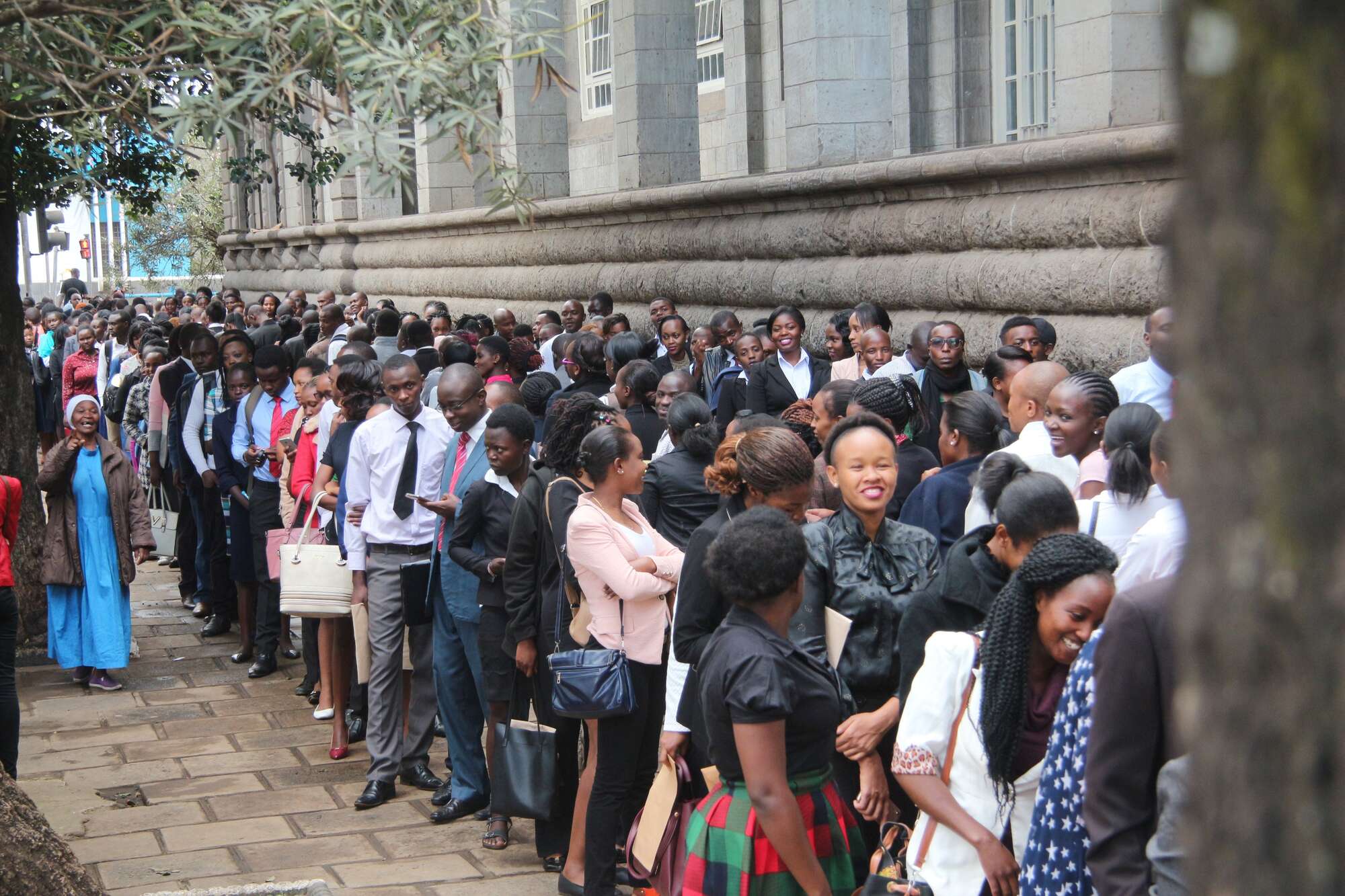
The government must also create an enabling environment for small and medium enterprises (SMEs) to thrive.
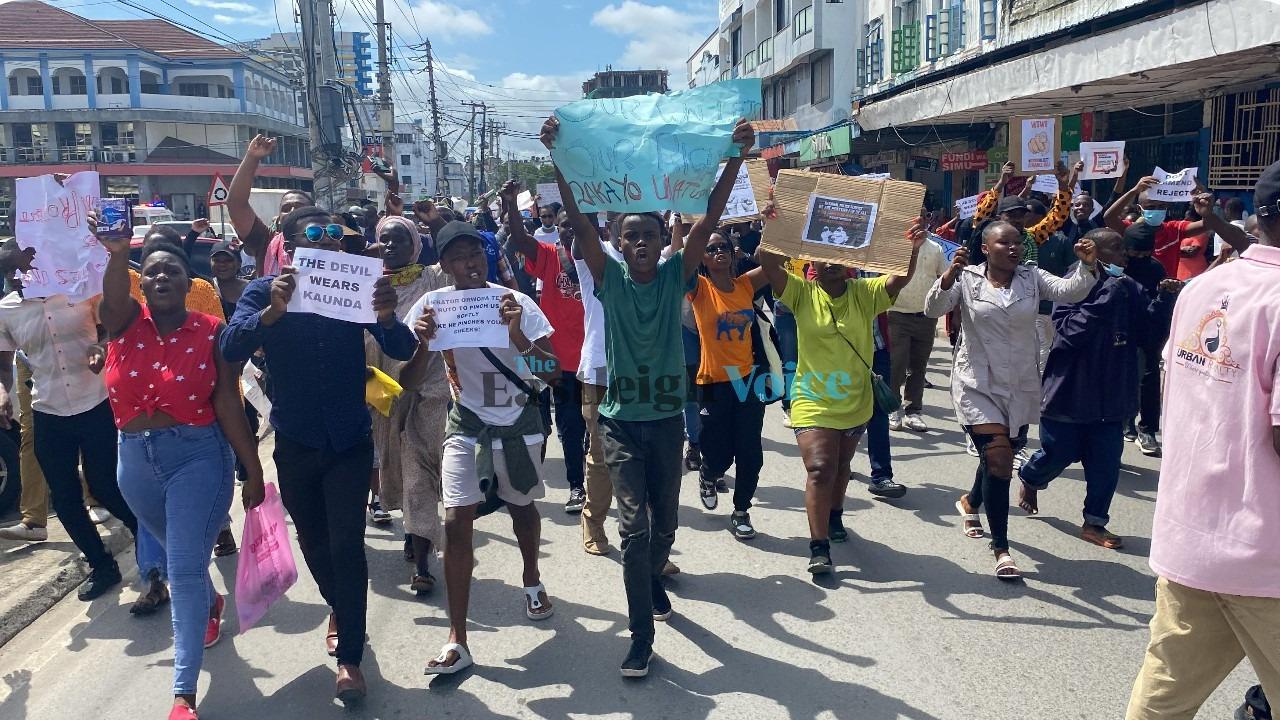
It is crucial for Gen Zs not to allow their movement to be hijacked by selfish politicians or individuals with ulterior motives. The government has acknowledged their unity and
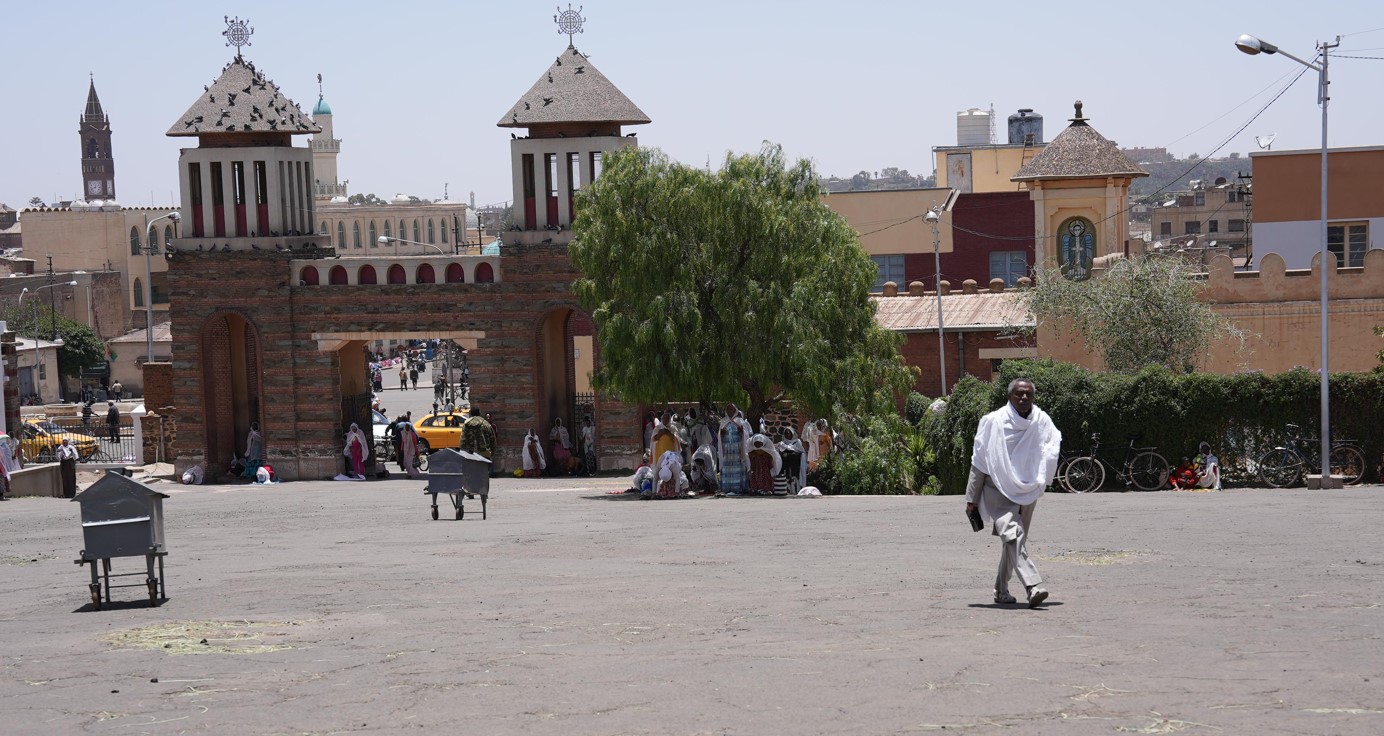
The city seems to exist in a realm untouched by the chaos often associated with African capitals; poor urban planning, and unmitigated traffic chaos that greets new and old visitors alike.

These are people who are experienced in crisis management and would advise on the best way to handle situations apart from the normal police response of teargassing and beating up protesters.
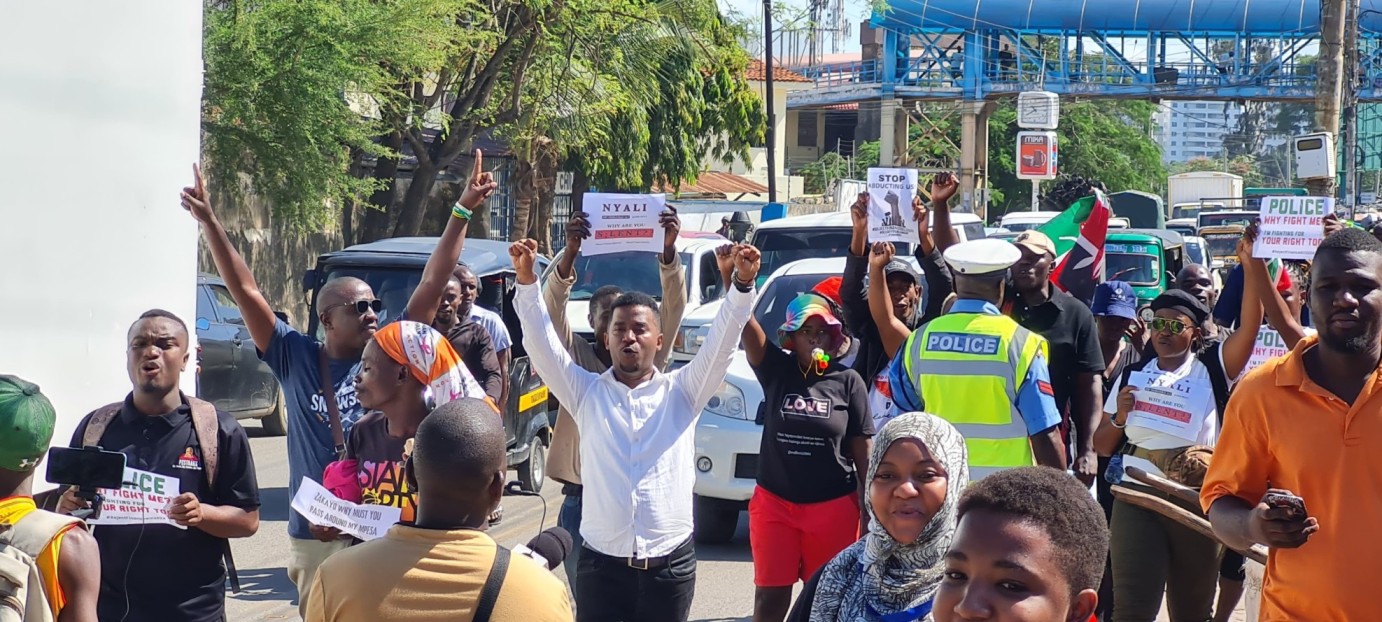
The Finance Bill met fierce opposition from various sectors of Kenyan society and has sparked what can only be described as an epic debacle.

The shift from pastoralism to economic activities among Kenya’s Cushitic communities exemplifies broader socio-economic trends influenced by environmental transformations.
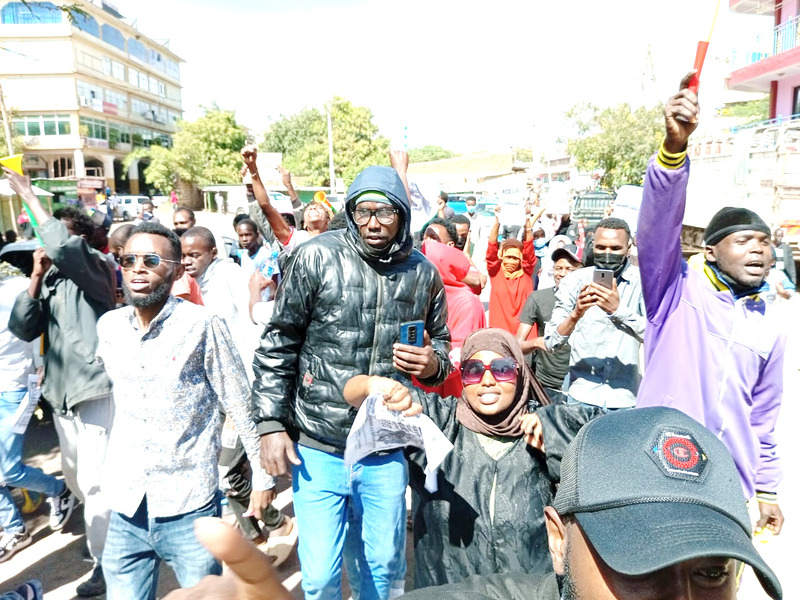
Unfortunately, the answer points to a pressing need for comprehensive civic education that reaches every corner of our nation, particularly the rural areas where misinformation and manipulation are rampant.

The mandatory registration requirement for all Kenyans is also a positive move towards inclusivity, ensuring that no one is left behind in access to healthcare services, regardless of their socioeconomic status.

The reluctance to seek help for mental health issues is deeply rooted in societal norms that wrongly equate emotional expression with weakness.
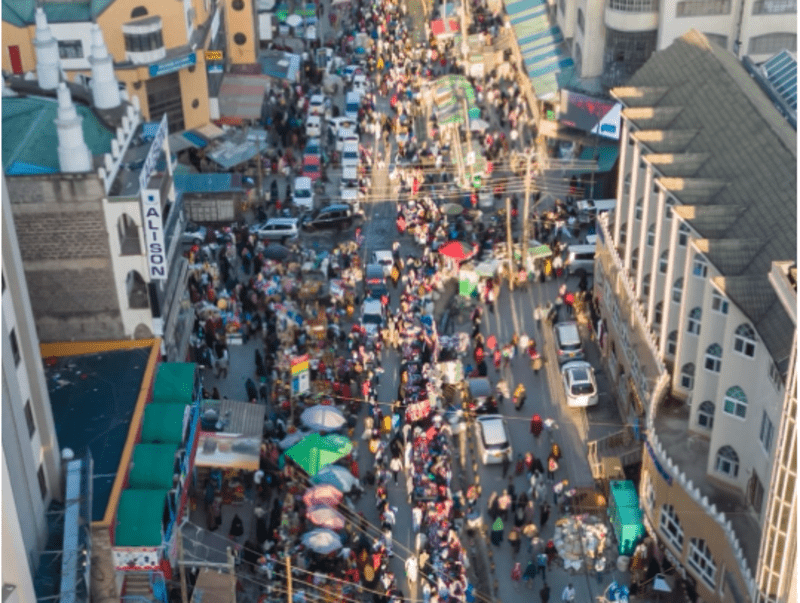
The claims suggesting that the success of the Somali community threatens the prosperity of other communities are misguided and detrimental to the nation's progress

The intrusion of politics into the pulpit disrespects the religious institutions themselves and the congregants who attend services seeking spiritual nourishment, not political rhetoric.
Trending

